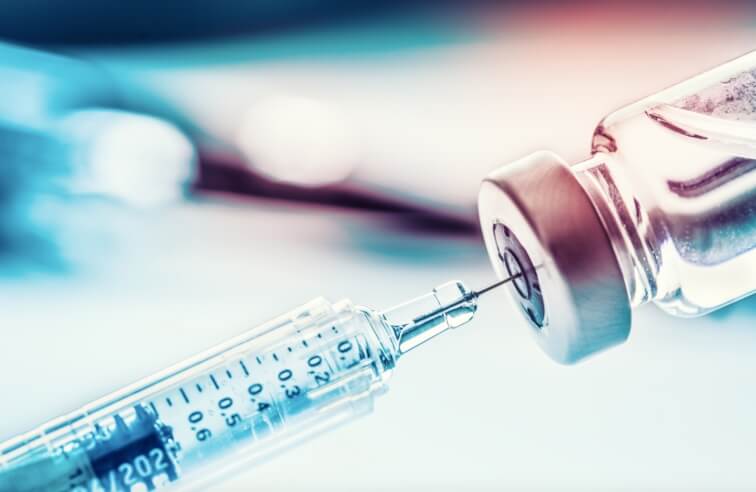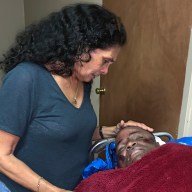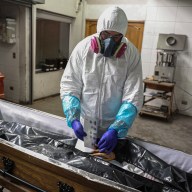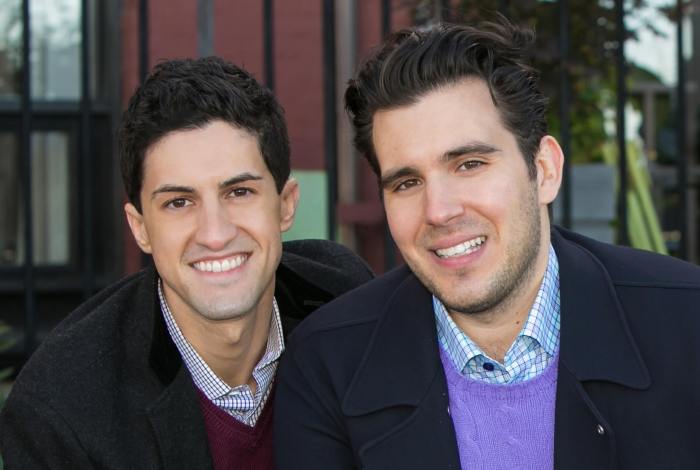“Patients are offered a miracle cure, but instead they end up rushed to the hospital in critical condition.”
The first line of the official synopsis for this new investigative podcast from Wondery certainly hits hard and ignites alarm bells. Putting your trust in the medical field and having disastrous results is quite literally a nightmare, and a subject that award-winning reporter Laura Beil knows all too well having hosted the smash-hit podcast “Dr. Death” and now her latest series “Bad Batch.” Beil’s goal with her new six-part podcast is to inform listeners on valuable medical information while diving into a story about stem cells so twisted and shocking that you’ll be intrigued – even within the first five minutes. Beil sat down with Metro to discuss the podcast and why she believes knowledge is one of the most important assets for all patients.
Laura Beil talks new riveting podcast following a medical disaster, “Bad Batch”
Before “Bad Batch” you also worked on the podcast “Dr. Death.” How did you get involved in the podcast world?
I didn’t really choose to get into making a podcast, the podcast actually came to me. I’m a longtime print writer, that’s what I’ve mostly done at the Dallas Morning News as a medical reporter, and just out of the blue, Wondery contacted me and asked if I’d be interested in putting together the story of Christopher Duntsch in a podcast. They were looking for someone who could report it and write it, and as far as the audio component, they helped me learn how to do that. It was totally new for me, but there was a good team working with me on it.
Do you feel like you get to exercise different journalistic muscles with podcasts?
Yes, it’s a new way of telling a story. I do like the challenge of doing something different and telling a story in a different way. I don’t know if I want to do it forever, but for the time being, I’m enjoying it.
So when did you decide you wanted to start working on “Bad Batch?”
This was a story that I wanted to tell. We had an instance in Texas which is highlighted in the podcast, so there was a vehicle to tell this story. It’s a lot more complicated of a story than “Dr. Death” and I’m glad that Wondery was willing to take it on, because it’s not quite a story that has been told in a podcast before. There’s an incident that happens, but there’s also a mixture of science in there too whereas in “Dr. Death” there was a more clear narrative. I think it’s an important story because there are so many people who put hope into stem cells but there is still so much we don’t know.

Since the content is sensitive, was there anyone involved who was not willing to talk?
There were certainly people who I wanted to talk to who just would not. That was definitely the case. I have to say the person who is really at the center of the podcast who is the founder and CEO of the company was quite willing to talk though. He actually spent a lot of hours talking to us and I’m glad that he did that. He was very cooperative so he’s in there a lot kind of trying to explain what happens and what the company was doing.
If someone were to ask you what “Bad Batch” was about, what kind of synopsis would you give?
I would say it’s a really in-depth look at the stem cell industry and what you should be aware of if you’re going to spend lots of cash – because it is cash and it’s not covered by insurance. It’s a story you should hear if you’re paying a lot of money for stem cells. If you listen to the story and you still want to pay a lot of money for stem cells that is certainly your prerogative but at least you’ll be informed.
Why do you think it’s necessary for people to hear this story?
I think what “Bad Batch” and “Dr. Death” have in common is how I’m trying to protect vulnerable people. It’s hard for us as patients to really navigate what’s going on a lot of times, I think there is a lot of burden on patients. I think with stem cells the burden also falls on the patients to educate themselves and because the people who are “educating” them are the ones who are trying to sell it to them. I think information is empowering for patients so that’s what I’m trying to do, provide information to help them make the best decisions they can.
Overall what do you hope audiences take away from “Bad Batch?”
I hope that people find that it’s a good story and that it’s a good window into something that has really become a $2 billion industry. I think it’s something worth looking at. So overall I hope they find it to be a compelling story, but I also hope they walk away with something that will truly benefit them.
“Bad Batch” is now available to download



















